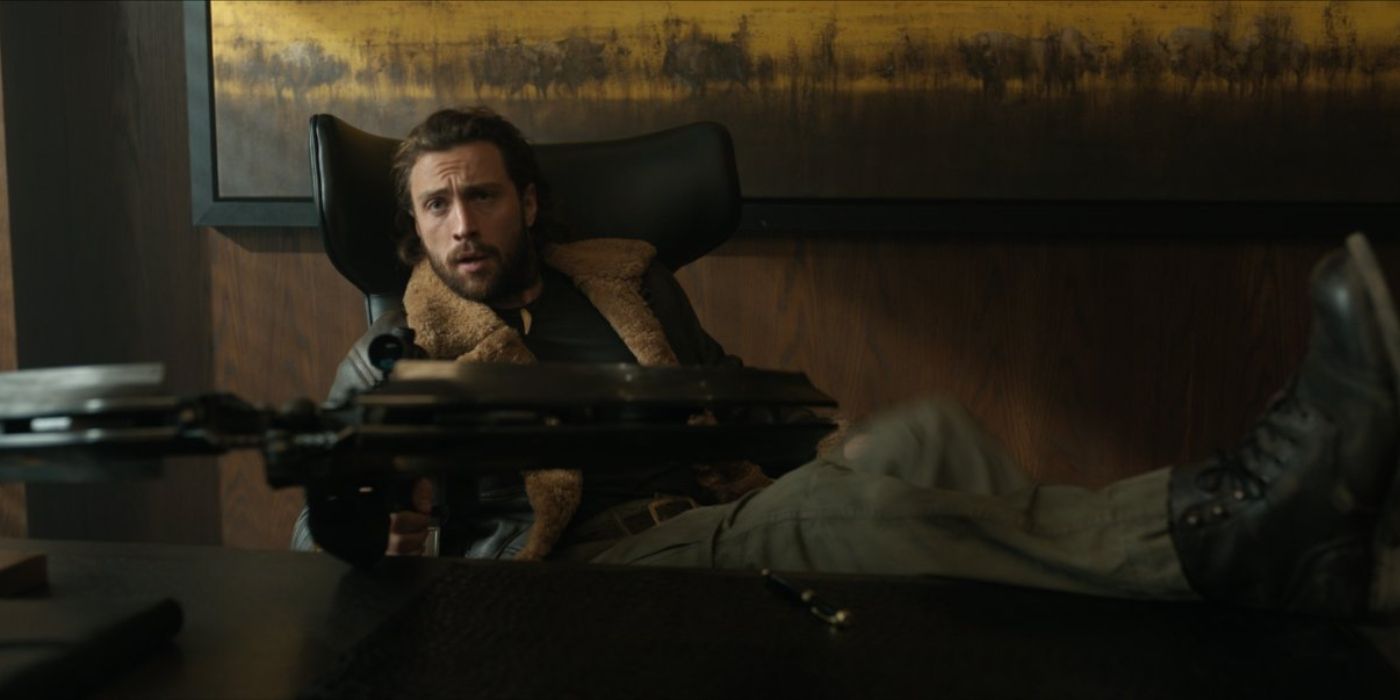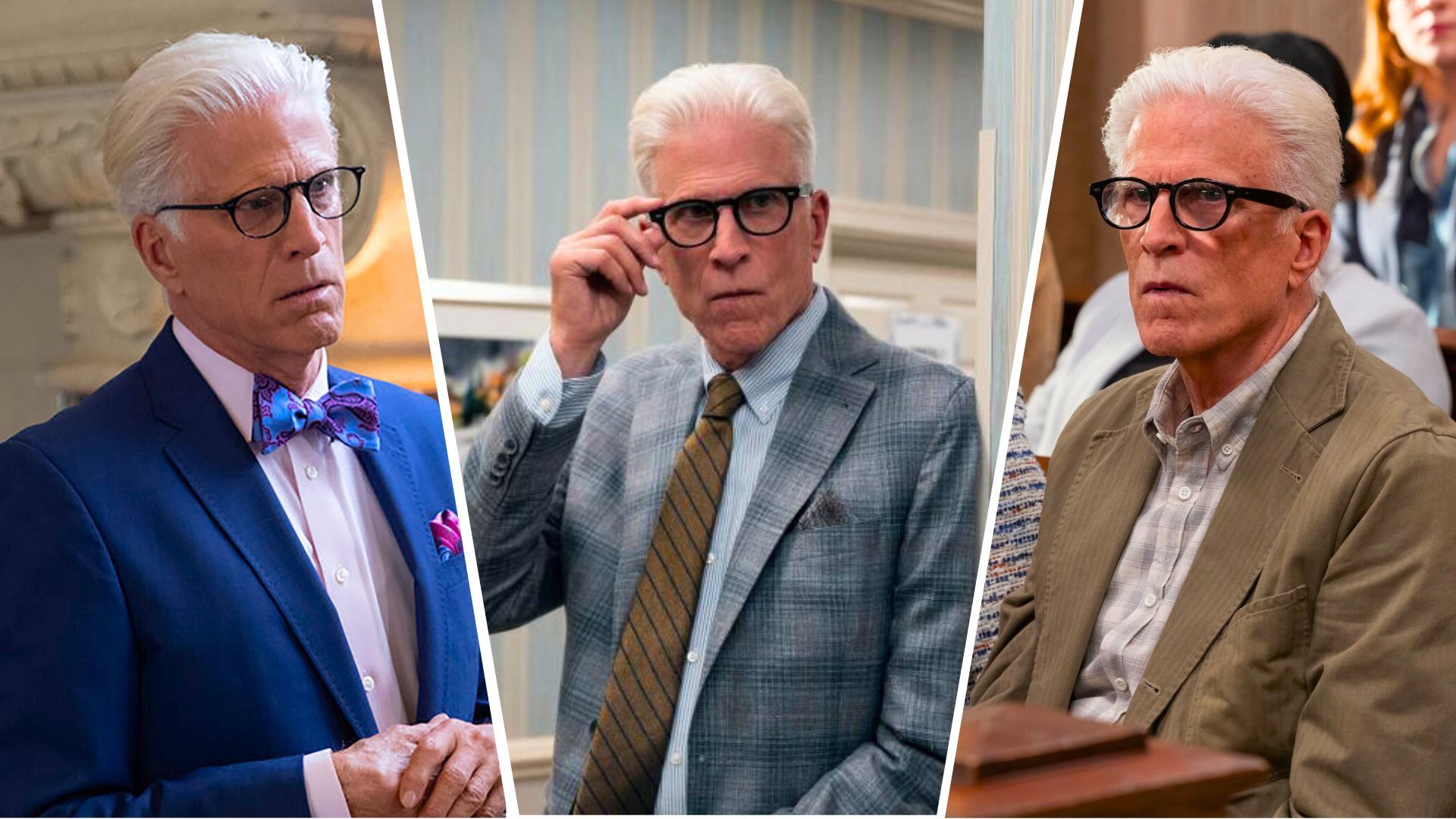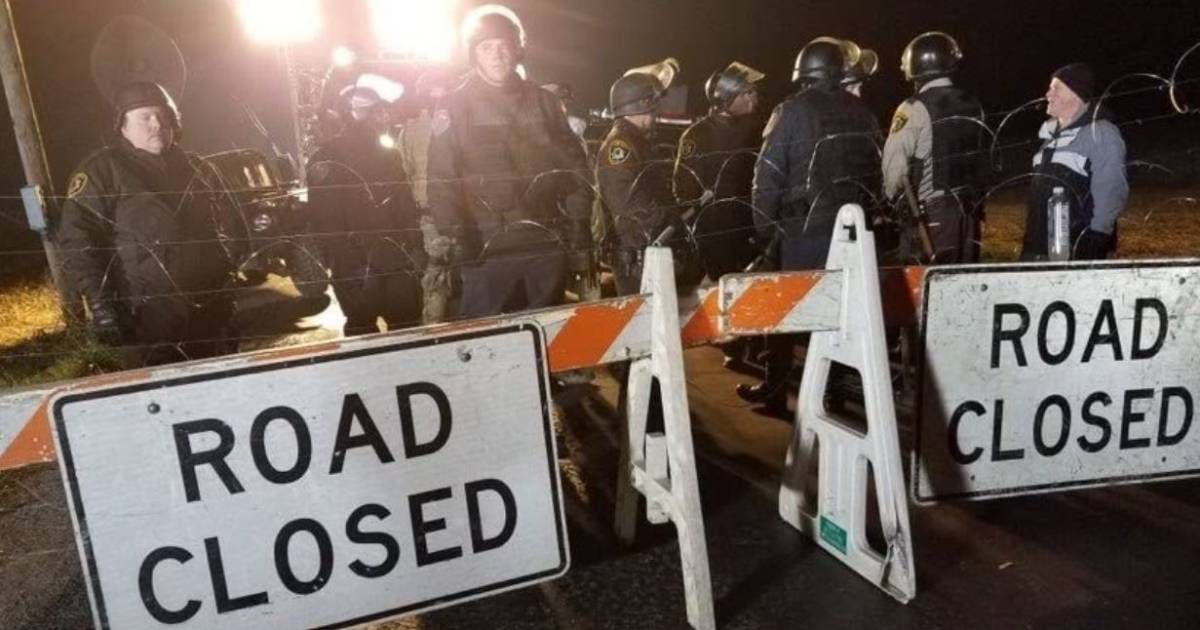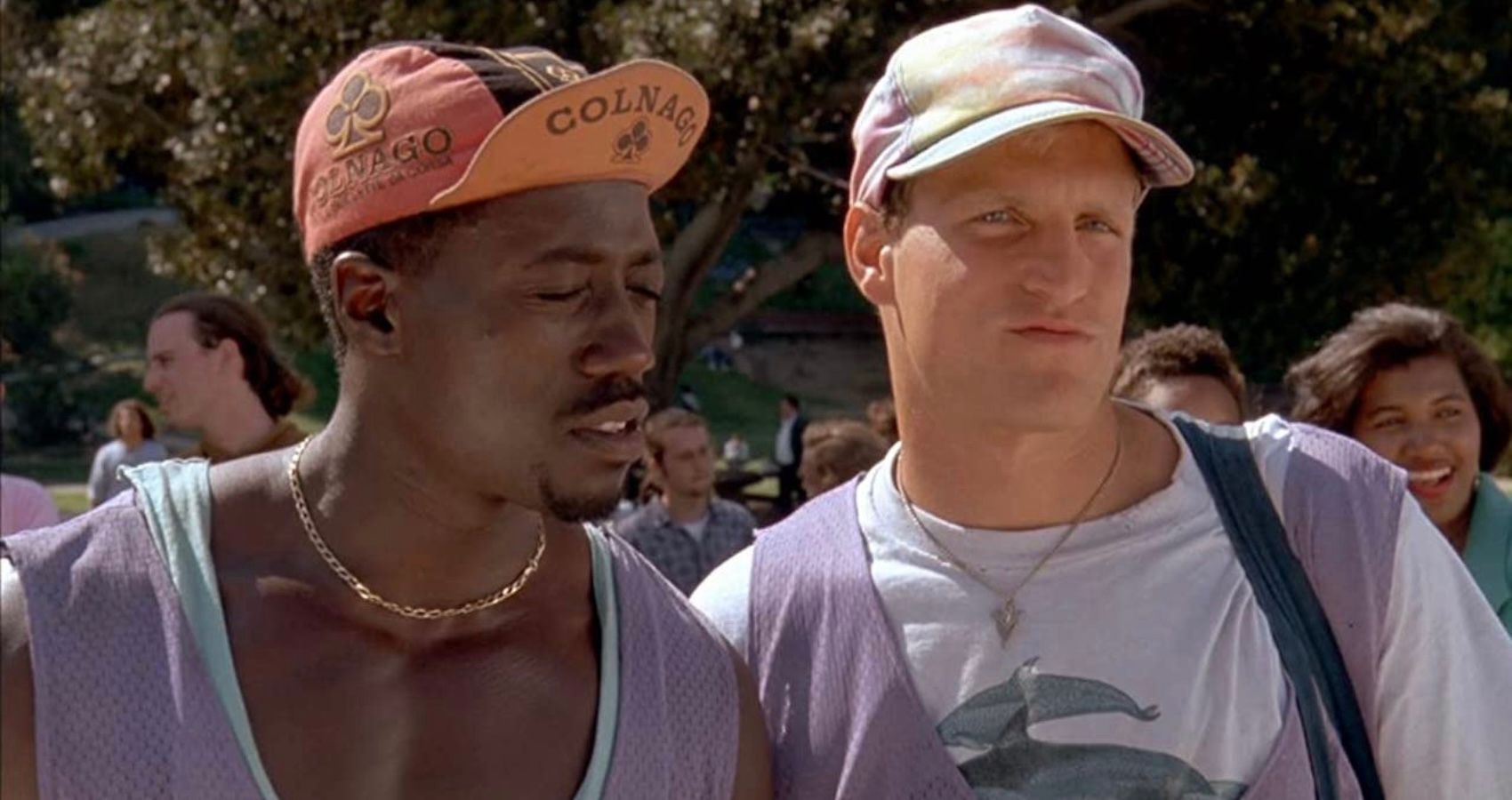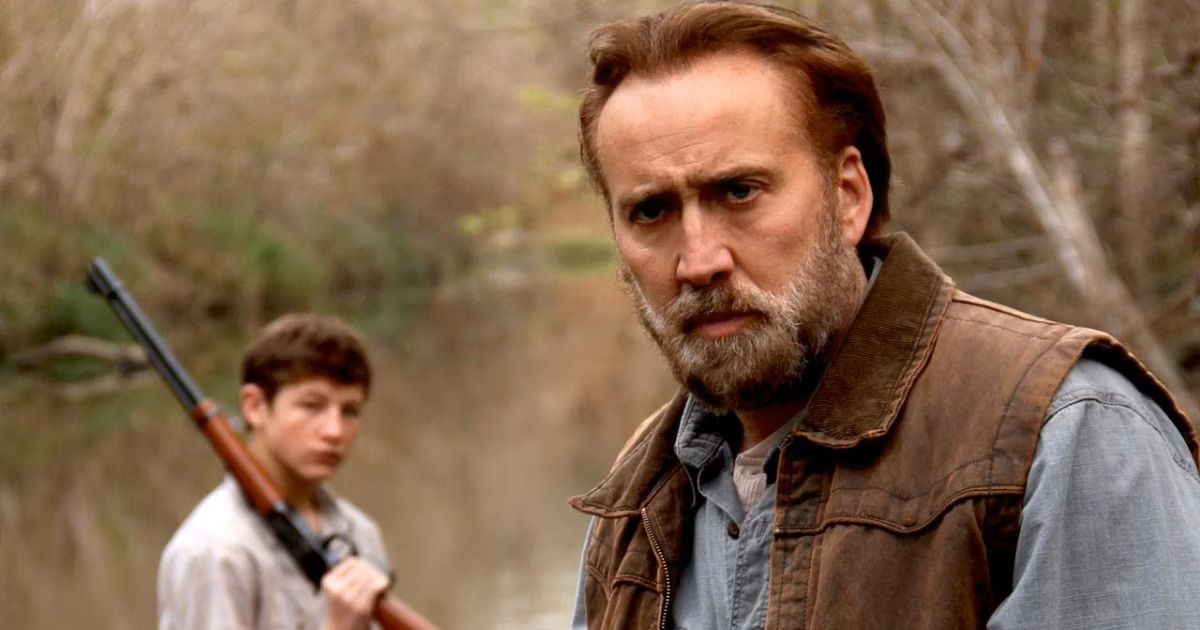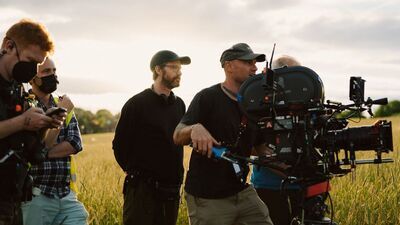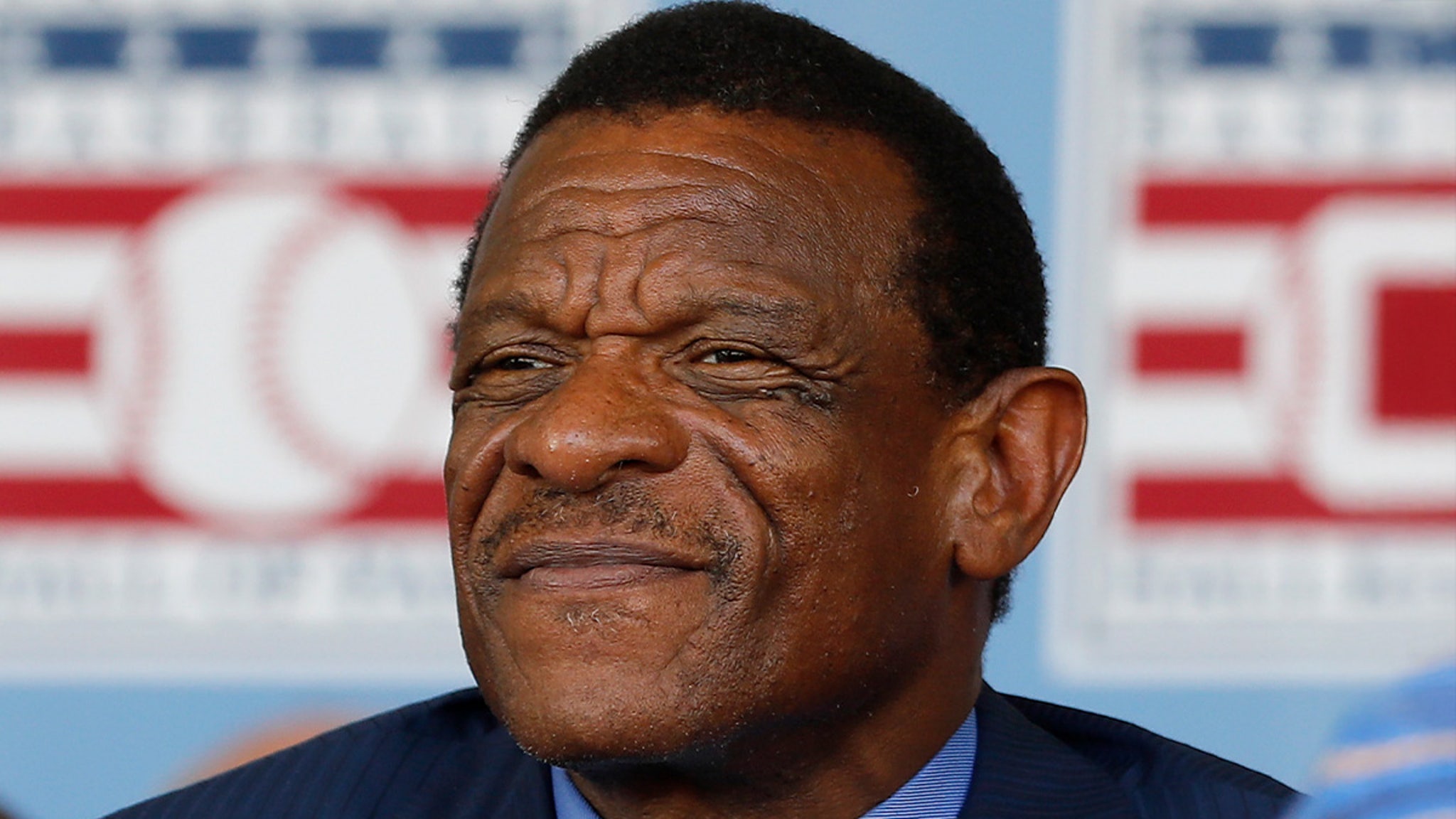There are plenty of environmental documentaries out there, but when it comes to narrative cinema, we could always welcome more to the potentially impactful subgenre. And what’s not to love about a film that’s based on a true story, especially one that’s thought-provoking and can instigate positive change in our society? Well, On Sacred Ground certainly shoots its shot.
Now in select theaters and available on demand, On Sacred Ground is a new drama that focuses on a shocking real-world issue. It’s noted for being the first narrative feature to depict the events at the Dakota Access Pipeline Protests. The ensemble cast includes David Arquette, William Mapother, Amy Smart, Irene Bedard, and Frances Fisher. Overall, the film misses the mark in choosing to focus on Mapother’s conflicted character versus the more interesting issue at hand, which is the controversial pipeline construction and the local population it affects.
MOVIEWEB VIDEO OF THE DAY
Narrative Project by Documentarians
When the past is buried, the truth must be uncovered. On Sacred Ground tells the unbelievably recent story of the construction of the Dakota Access Pipeline, a massive underground canal that is able to transport hundreds of thousands of gallons of oil on a single day from North Dakota to Illinois. The project is an architectural wonder, but there’s a catch: It runs through Black Hills, a territory that is considered Sioux sacred ground.
Through a flashy intro that’s quite impressive for an independent film, the film quickly begins to falter as it zeroes in on a journalist named Daniel (Mapother), who is also a military veteran. He experiences PTSD in a grocery store. He comes homes to his pregnant wife (Smart), with whom things could be better on the relationship front. Then, out of the blue, he gets a call with a job offer: Daniel should head down to the aforementioned pipeline and cover the story. Daniel, who is a Republican and is financially struggling, seems to be the perfect man for the job. Daniel soon links up with an oil company executive (Arquette), and they soon find themselves on opposite sides of the fight during the construction of the contentious pipeline. As the story unfolds, the two characters go down separate paths during one of the most heated protests and confrontation with Native American tribes in modern U.S. history.
Related: 5 TV Shows by Native Americans You Need to Watch Next
TV fanatics might remember Mapother’s distinct face from Damon Lindeloff’s Lost series as one of the shady “others.” He’s been in numerous projects since then, so it’s exciting to see him in a lead role for this indie effort. It’s too bad, however, that his character quickly falls into a series of “white savior” stereotypes, and we keep wanting the film to cut back to the Indigenous People on-site. That’s far more interesting content for such an environmentally focused film.
“It was one of the most challenging movies we’ve ever made, that’s for sure,” Josh Tinkell recently told Digital Journal. “It was a beautiful experience too. All these people came together: the indigenous actors, the people that have been in Standing Rock, and other people that cared about the issue. They came together in the dead of winter to make this film. We all ate together and we were all co-housed. It was like winter camp for movie-making.”
It’s the first dramatic feature by the environmental activist documentarian and his wife Rebecca Harrell Tickell, and you can see promise with impactful narrative cinema in their hands. It’s a polished indie effort that’s overall more admirable in its intent than in execution. This notion really comes to a head with a somewhat jarring conclusion, where Daniel later returns home after covering the pipeline story to his loving wife and newborn. He sees on TV that the protests and chaos at the pipeline are ongoing, so why stop the film there? We’d love to see Daniel return to the scene with his moral compass guiding the way, for example.
Respecting Indigenous People
Big Picture Ranch
Strong warriors never stand down, and the filmmakers clearly took great care in respecting Indigenous People culture to get the details right. They reportedly pulled On Sacred Ground’s story from personal experiences and actual footage shot during the Dakota Access Pipeline protest.
Related: Avatar: Why Native American Activists are Calling for the Boycott of the Film
Too much, however, is focused on the cliché-riddled Daniel, and when On Sacred Ground dedicates its time to showing the ins and outs of the protesters’ way of life, the film is at its best. It shows how minority populations’ claims are legitimate. Their concerns ring true to anyone who’s seen up close how the police react to such protesting and how it gets portrayed on TV. It’s an ongoing concern for minority populations across the U.S., given the deaths and protests that have transpired in recent years.
On Sacred Ground leaves us wanting more, and it certainly seems like Josh and Rebecca Tinkell can bring more to this unique subgenre down the road.
You can view the original article HERE.


